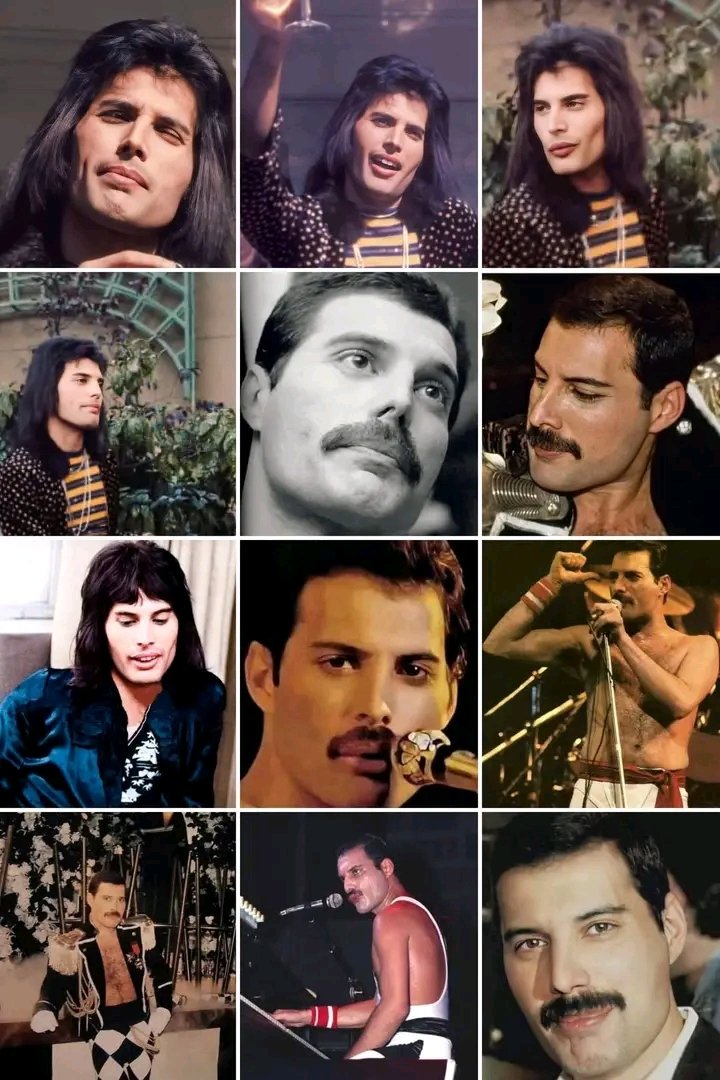Before the Crown Was Forged: Queen’s Formative 1971 Cornwall Tour and the Quiet Brilliance of a Band on the Brink of Greatness
On 17 July 1971, a relatively unknown band named Queen took the stage at The Garden in Penzance, UK—a seaside venue nestled in Cornwall’s scenic southwest tip. This performance would mark the beginning of an 11-date tour across Cornwall, a modest yet formative chapter in the band’s story. While only sixty or seventy fans typically attended these early shows, what unfolded was more than just a string of gigs—it was the birth of a legendary lineup and a glimpse into the band’s uncompromising vision.
Having recently welcomed bassist John Deacon into the fold, Queen had, at last, found the stable quartet that would define their identity for the next two decades. Deacon’s arrival solidified a chemistry that was more than musical—it was foundational. Despite their youth, the band members displayed a rare discipline. Throughout early 1971, Queen locked themselves away in rehearsal rooms, determined to deliver a show of consummate professionalism. They began crafting the songs that would later appear on their first two albums, treating each composition with an almost academic diligence.
Yet, they weren’t fully free to pursue rock stardom. Brian May and John Deacon were still heavily involved in university studies—Brian in astrophysics and John in electronics—which restricted their availability. Concerts far from London during term time were virtually impossible. The band rehearsed as often as four times per week, but touring had to be carefully managed. This cautious approach—born perhaps out of parental expectations or personal pragmatism—delayed their rise but embedded a sense of structure and purpose that would become part of Queen’s DNA.
The Cornwall tour, organized by drummer Roger Taylor, was as much a summer escape as a working excursion. Taylor, having grown up in the region, used his local connections to arrange venues and reconnect with old friends. The trip had a communal, almost familial tone. There were few arguments, and the time spent together became a kind of boot camp for life on the road. It was here, in intimate venues and under modest expectations, that Queen learned how to be Queen.
The Penzance show was the first of these performances, and although the crowd was small, the impact was significant. Each gig served as a testing ground—not just for the music, but for the band’s ability to connect, to adapt, to survive. Flyers for the shows referred to Queen as “Roger Taylor’s group” and “Former Smile,” a nod to the band’s earlier incarnation and the slow but steady transformation taking place. At the time, Queen was still tethered to the past, but a new identity was beginning to emerge.
Invitations to the performances carried a humble, even vulnerable tone—“a good time with good music, from a band who desperately need an opinion.” It was honesty wrapped in ambition. These weren’t stars yet; they were students of their craft, eager to earn their stripes one gig at a time.
The tour concluded at the Tregye Festival of Contemporary Music on August 21, an outdoor performance that capped off a journey of growth, experimentation, and bonding. Though history tends to spotlight Queen’s later years—the anthems, the stadiums, the triumphs—the Cornwall tour of 1971 was where the crown was quietly being forged. Long before they ruled the world, Queen were just four young men in a van, chasing something extraordinary through the winding roads of England’s southwest coast.
